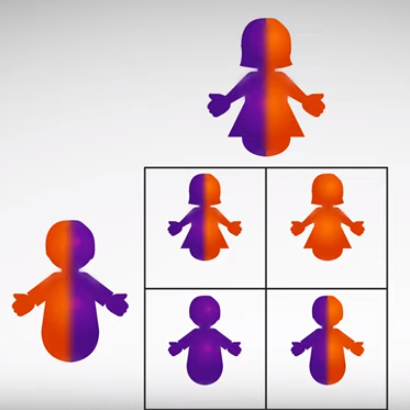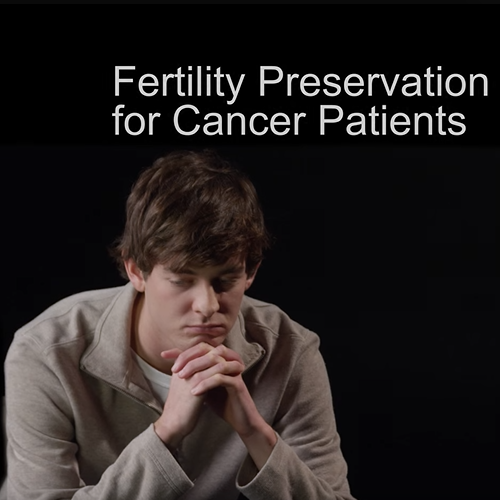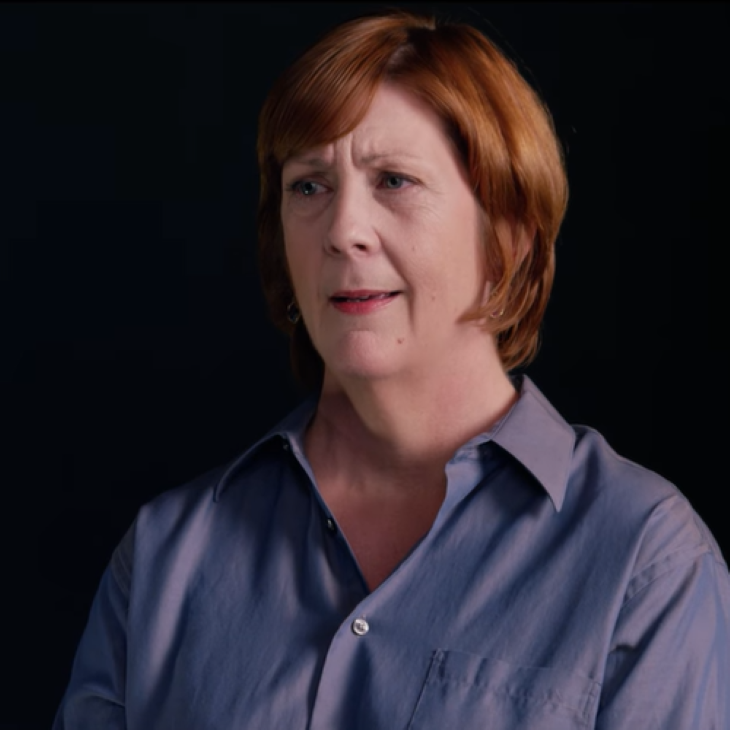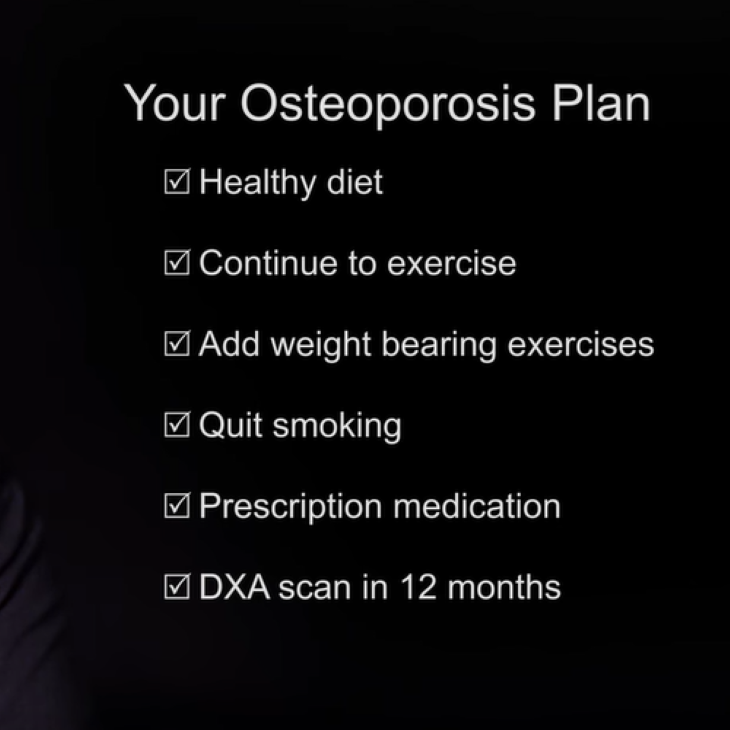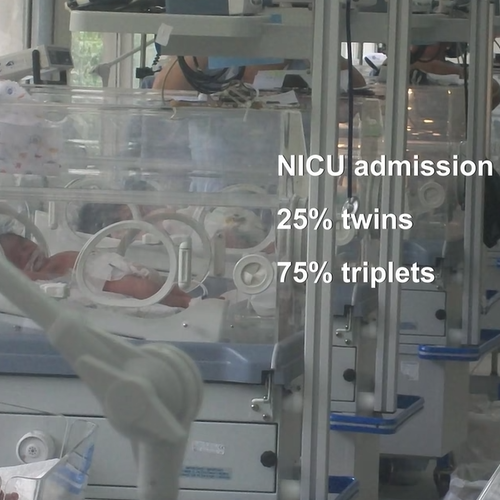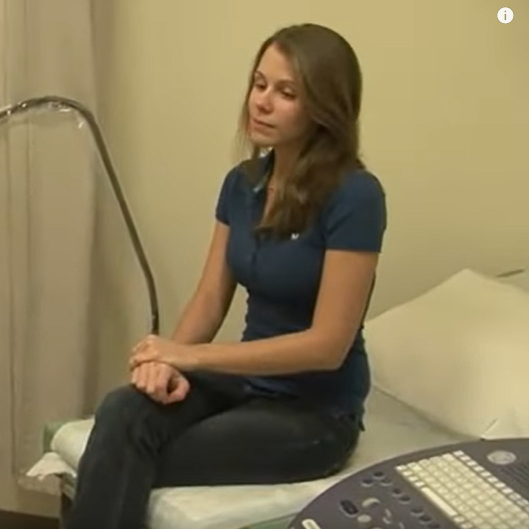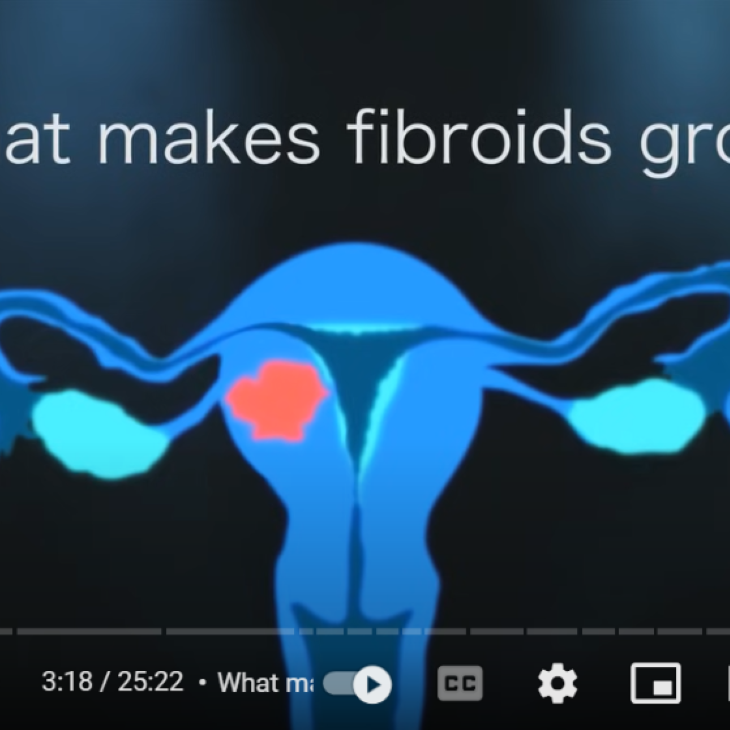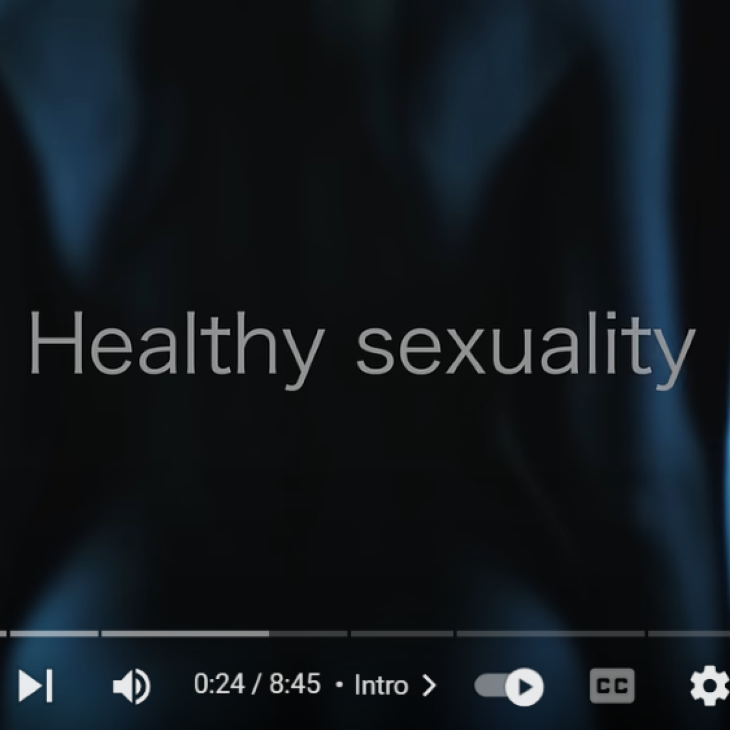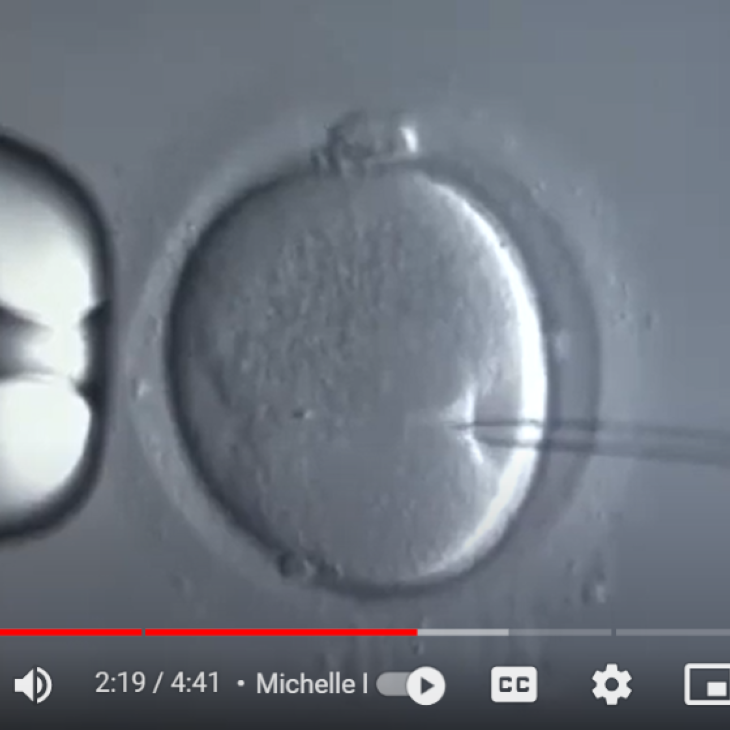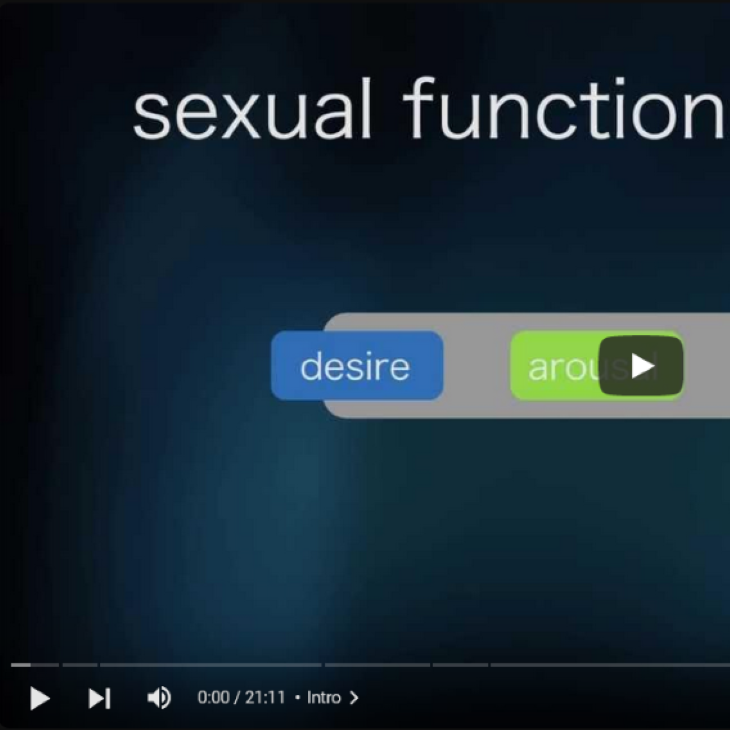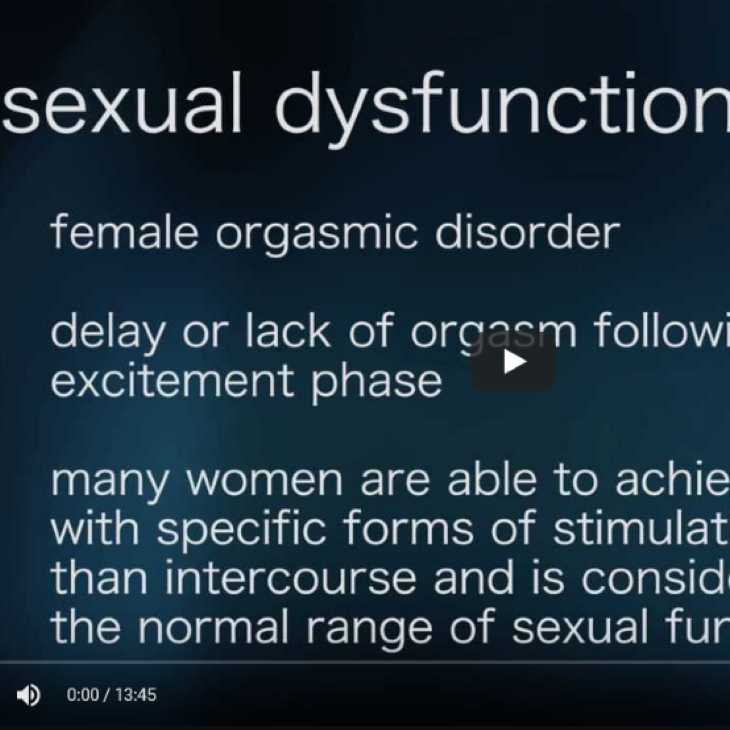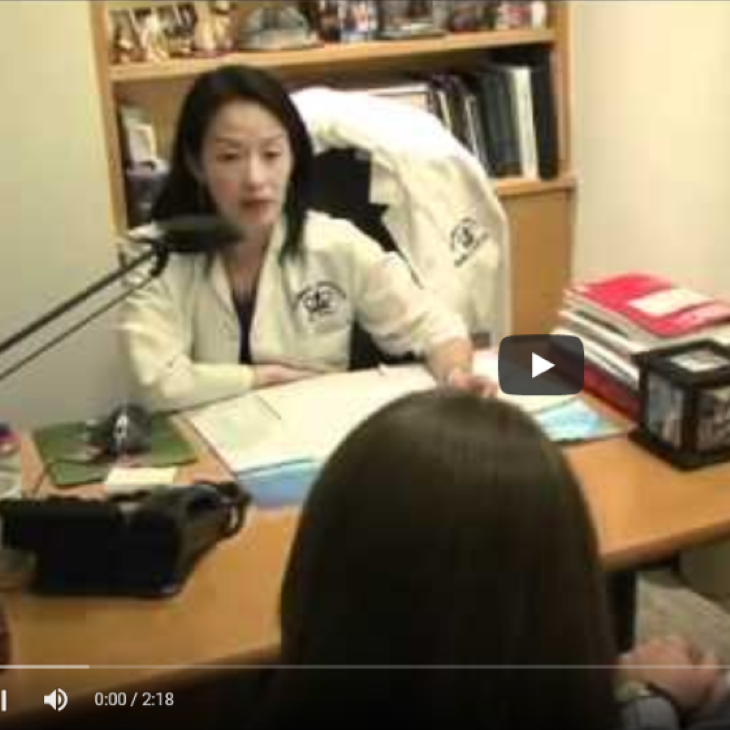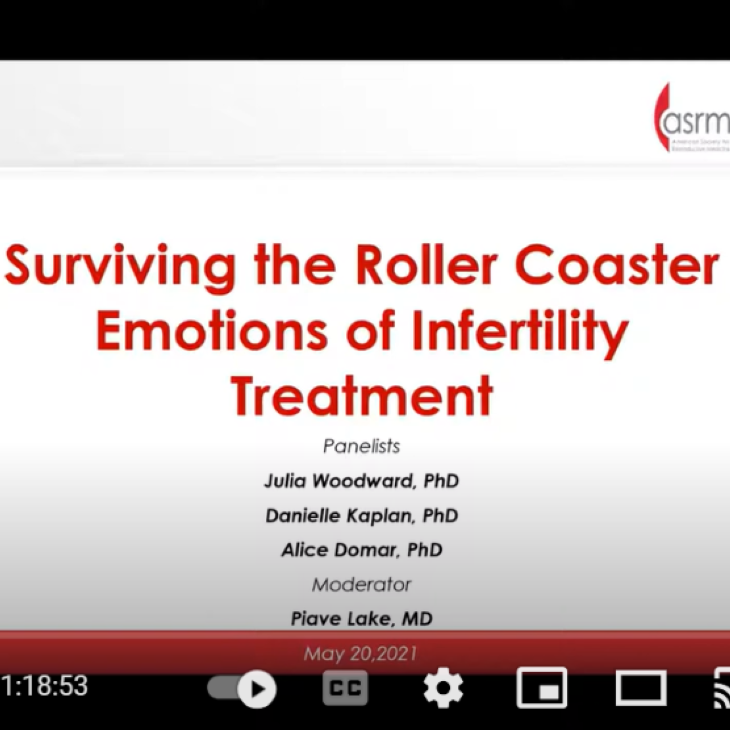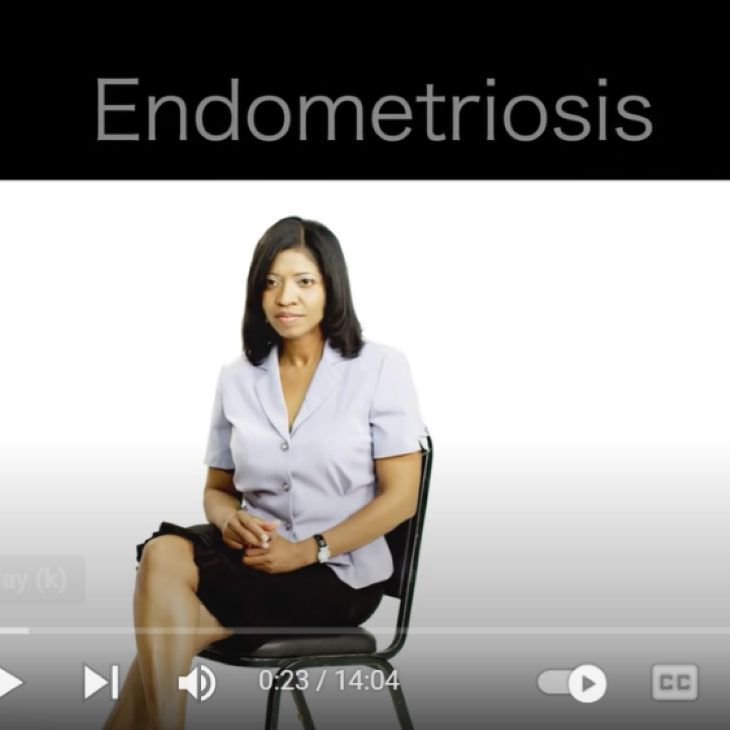
Donor Eggs Fresh Or Frozen?
This SART micro-video will briefly review the options of using fresh and frozen donor eggs.
Transcript
This SART micro-video will briefly review the options of using fresh and frozen donor eggs.
Hello my name is Dr. Kelly Lynch. I am a reproductive endocrinologist in Springfield, Massachusetts.
Donor eggs can help many patients with infertility to conceive successfully. This SART micro-video will briefly review the options of using fresh and frozen donor eggs.
There are many reasons a patient or couple may choose to use an egg donor. These include diminished ovarian reserve, ovarian insufficiency, absence of the ovaries as a result of surgery, and advanced reproductive age. It is also an option for women who have a history of poor oocyte quality or poor embryo quality, and previous attempts to conceive via in vitro fertilization using a woman's own eggs. Couples may also choose to use an egg donor to prevent inheritance of genetic disease when pre-implantation genetic testing is not possible. Single and same-sex male couples may also choose to use an egg donor.
The use of fresh donor eggs allows the oocytes to be fertilized, while fresh. In this circumstance the egg donor may be chosen from the patient's own infertility program or selected from an egg donor agency. The donor would undergo stimulation and monitoring in an IVF program. The resulting eggs would be fertilized with sperm. Fresh oocytes can be fertilized via standard insemination when sperm and eggs are placed together in a petri dish or intracytoplasmic sperm injection when a single sperm is injected directly into each egg. The recipient's cycle can be synchronized for fresh embryo transfer or the embryos that are created can be frozen for future use.
With the advent of successful egg freezing, the use of frozen donoreggs has become a popular alternative with this option. Donors are recruited and screened by an egg bank. They undergo stimulation and the eggs are retrieved and frozen for use by potential recipients. Patients who choose to use frozen donor eggs would purchase a cohort to be shipped to their local IVF program. Alternatively some donor-egg banks will perform fertilization of the frozen oocytes and ship the embryos back to the recipient's local IVF program.
There are several pros and cons to consider when making a decision to proceed with the use of fresh or frozen donor oocytes. If a patient chooses to use a fresh donor there will be potentially more oocytes available. The decision whether or not to perform ICSI would be up to the recipient. The potential downside of using fresh oocytes is that it can be more expensive. The number of oocytes that may be obtained will be unpredictable. The availability of donors can also be very limited geographically. Also donors of certain ethnic groups may be limited depending on location.
The choice of frozen donor oocytes also presents certain advantages and disadvantages. A major advantage is that little or no waiting is typically needed. The oocytes are generally immediately available for use in a cycle. There is often a greater diversity of donors available. The cost of stimulation medications, lab testing, and standard genetic screening are all typically included in the price of the cohort of eggs. Some of the disadvantages to consider are that intracytoplasmic injection of sperm will be absolutely necessary. This is because freezing and thawing of the oocyte makes the shell surrounding the egg, known as the zona pellucida more difficult for the sperm to penetrate on its own. The cohort of oocytes available may also be smaller than if a fresh donor was used.
The decision to use an egg donor to conceive a pregnancy can be a difficult one. In addition to counseling with your physician, we encourage patients to take advantage of the many resources available to help understand this process. In addition psychological counseling for the intended parent or parents can be extremely beneficial.
The American Society for Reproductive Medicine has several documents written specifically for patients that can be found at https://www.reproductivefacts.org.
Thank you for taking the time to listen to this presentation about options available for egg donation.
Egg Donation
Find a Health Professional




